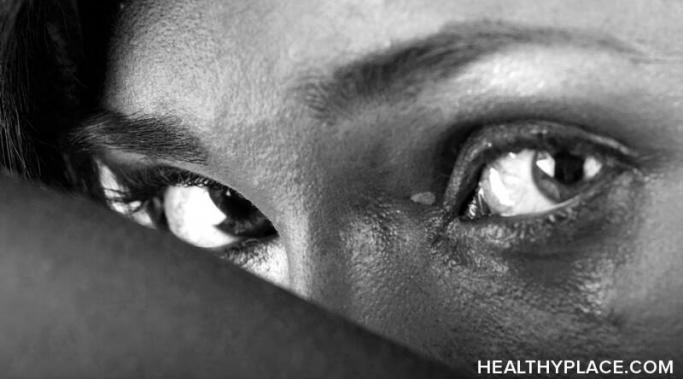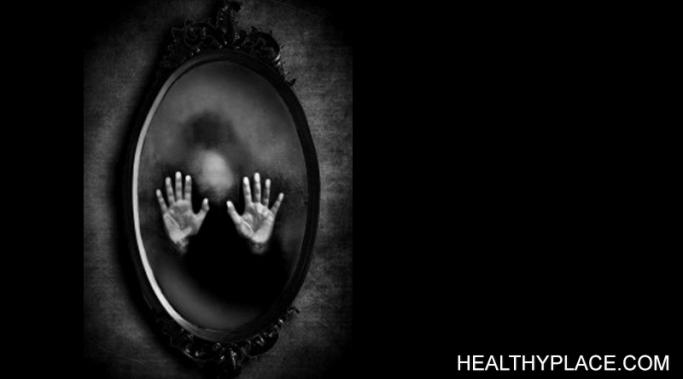A few months ago, I talked to my therapist about the sources of my low self-esteem and constant comparisons with other people. I thought it originally started from childhood bullying by other students. But my therapist mentioned that two of my former teachers' emotional abuse might have had long-term effects as well. To learn more about my experience with abuse and how it still affects me in adulthood, read on.
Youth and Mental Illness
In middle school, I struggled to learn as quickly as most of my classmates. Sometimes, I could not finish all my in-class assignments during the school day. So I added them to my homework folder. As my homework folder thickened, my anxiety increased. Looking back, several strategies helped me get through my homework anxiety. Continue reading this post to learn about five of those methods.
A little over a year ago, I started writing for HealthyPlace. During my time contributing to the website, I learned a lot about myself and how I can better manage my mental health. I also learned about others, how they cope, how they communicate about mental health, and how we can help each other strive for wellness. Writing for HealthyPlace has given more awareness of when depression starts to hit and when to seek help. Read on to learn more about my first year writing for HealthyPlace.
While for some, spring helps depression, sometimes there is a worsening of depression in spring. The snow melts, the flowers bloom, and the sun stays out longer. After spending several miserable months indoors, people are more willing (and even excited) to step outside, smell the roses, and enjoy the sunshine. Yet, for others, the warmer weather and longer days are not always enough to counteract depression (Seasonal Affective Disorder [SAD] Symptoms – Who’s at Risk). In this article, I talk about depression worsening in spring and ways that I have learned to cope.
One of the most memorable mental health therapy sessions I have ever had focused almost entirely on the question “what does your anorexia do for you?" That was it, just those few words, lost on the vast, white surface of the display board. There were no hidden meanings, no underlying hints of the rhetorical. I was simply faced with the one question I had never been seriously asked before: does mental illness serve a purpose? And my mind exploded, shifting perspectives in a rare and colossal flash of clarity.
This quote has made me consider if mental illness really is the barrier to success we imagine it to be:
Success is not final, failure is not fatal: it is the courage to continue that counts.
Throughout my life I have found myself in positions that I thought would break me entirely. I have sat in my room with no door, surrounded by debts, destruction and bowls of my own vomit. I have laid in a hospital bed, covered in tubes and wires – desperate and alone. And I have crouched on the floor of mental institutions, rocking and trapped, painting bloody smears on the walls from the masochism of my own fingernails. But has all this mental illness been a barrier to success?
In my experience, I have found that the diagnosis of a mental disorder can be almost as difficult to deal with as the illness itself. In fact, it can be enough to throw your whole life off kilter and send you spiraling down into the blackest abyss – scrabbling at mass segments of misplaced sanity and reason. Or at least, that’s how it was for me.
Being diagnosed with anorexia as a teen -- 13 -- evoked a conflicting quantity of emotions. I was hit with a sense of surrealism, fear, confusion and even a barely formed hint of masochistic pride. Because the verdict literally happened overnight, one moment I was a young, active and apparently healthy teenage girl – and the next I was anything but. I was anorexic -- malnourished, insensible and broken. I was a pariah.






